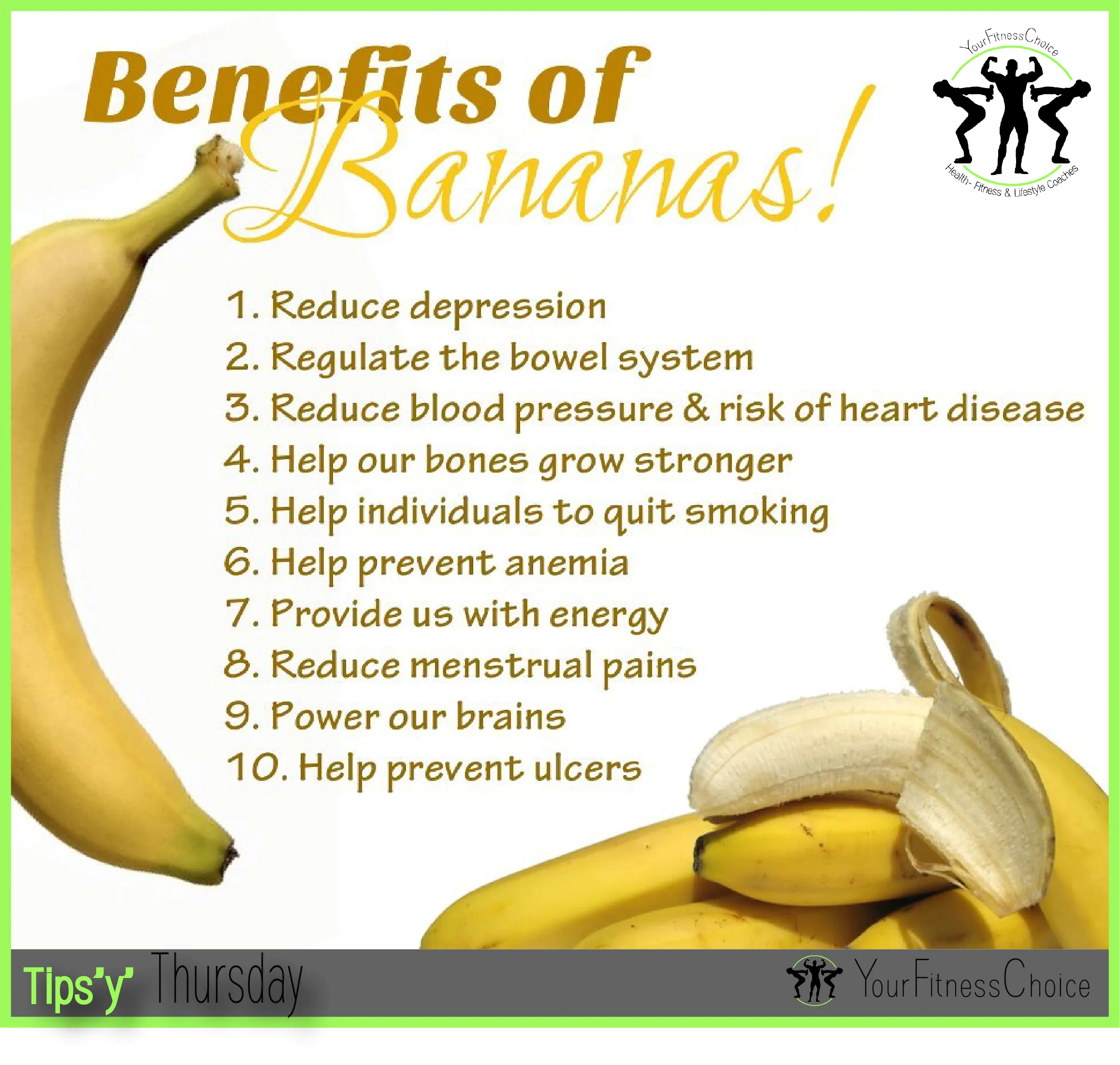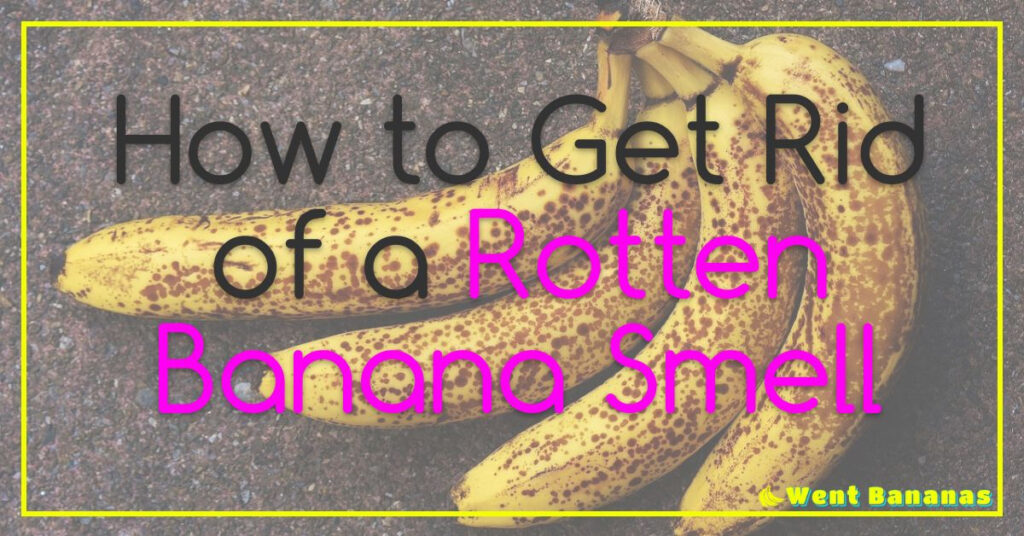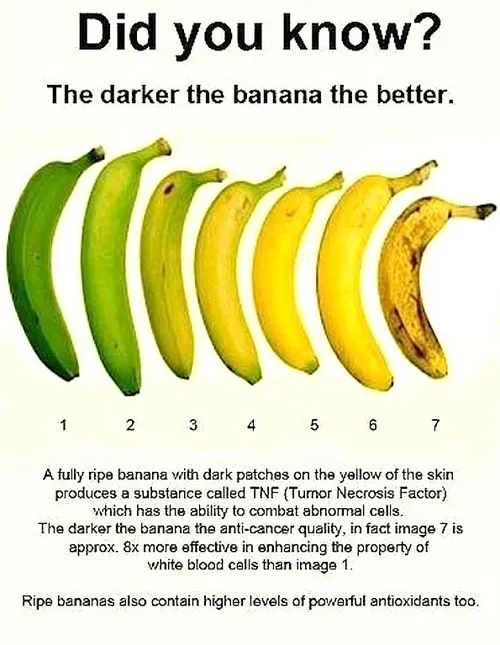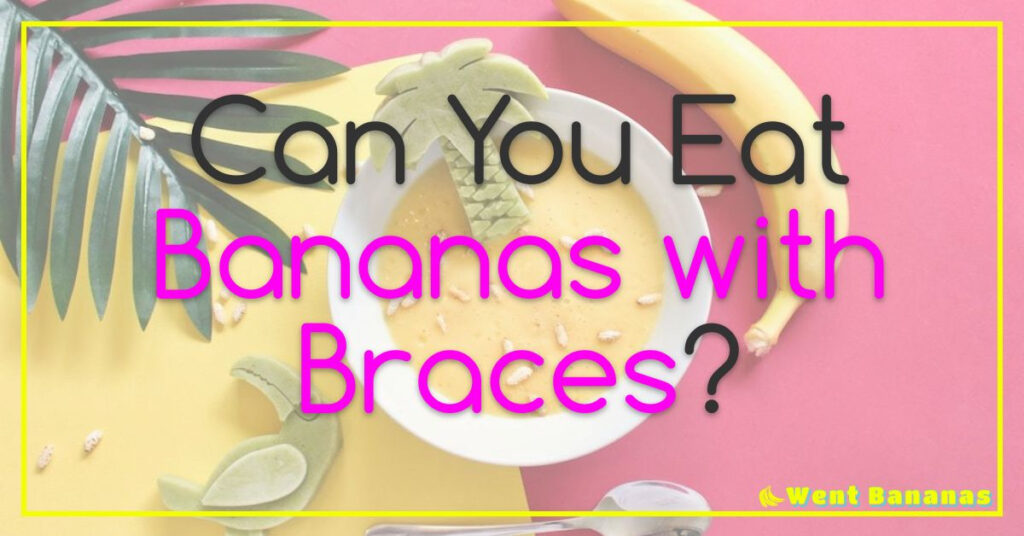Bananas are a staple fruit in many households and consumed all over the world, but have you ever stopped to wonder why they are so overpowering in flavor? In this article, we’ll explore the science behind what makes bananas so strong in flavor, including the chemical compounds found in bananas and how the ripeness of bananas affects their taste. We’ll also delve into the nutritional benefits of bananas that make them a popular choice among health-conscious individuals. So whether you’re a banana enthusiast or simply curious about this popular fruit, keep reading to learn more.
What makes bananas so flavorful?
Bananas are a fascinating fruit, with a flavor profile that is both unique and intense. But what makes bananas so strong in flavor?
The answer lies in the chemical makeup of this tropical fruit. Bananas contain high levels of isoamyl acetate, a compound responsible for their distinctive aroma and taste. Isoamyl acetate is produced naturally by the enzymes in the banana plant as it ripens, giving it its characteristic sweet and fruity flavor.

In addition to isoamyl acetate, bananas also contain other volatile compounds such as ethylene and acetaldehyde which contribute to their flavor profile. These compounds are released as the banana ripens, causing its color to change from green to yellow.
Interestingly, not all bananas have the same strong flavor. The type of banana and its ripeness level can greatly affect its taste. For example, ripe Cavendish bananas have a sweeter taste compared to unripe ones due to increased sugar content.
So next time you bite into a deliciously sweet banana, remember that it’s not just about the sweetness – but rather an intricate combination of chemicals that work together to create that unique and irresistible flavor we all love!
The chemicals compounds found in bananas.
Bananas are more than just a delicious fruit – they also contain a variety of important chemical compounds that offer numerous health benefits. One such compound is dopamine, a neurotransmitter that plays a crucial role in regulating mood and motivation.
Another key compound found in bananas is tryptophan, an amino acid that is essential for the production of serotonin. This neurotransmitter helps to regulate sleep patterns and mood, as well as supporting healthy digestion and immune function.
In addition to dopamine and tryptophan, bananas also contain significant amounts of potassium, vitamin C, and fiber. These nutrients work together to promote healthy blood pressure levels, support heart health, boost immunity, and improve digestive function.
So if you’re looking for a tasty way to boost your overall health and wellbeing, consider adding more bananas to your diet. Not only do they offer an array of important nutrients and compounds – they also taste great!
How does the ripeness of bananas affect their flavor?
Bananas are a popular fruit known for their sweet and creamy flavor. However, what many people may not know is that the ripeness of bananas can greatly affect their taste.
When bananas are unripe, they have a starchy taste and firm texture. As they ripen, the starches break down into sugars, resulting in a sweeter flavor and softer texture. This process is caused by the release of enzymes within the banana.
But here’s where it gets interesting: as bananas continue to ripen, their sweetness reaches a peak before slowly declining. This means that there is an optimal level of ripeness at which a banana will be at its most flavorful.

Additionally, overripe bananas can develop an off-flavor and mushy texture due to the breakdown of cell walls within the fruit.
So when it comes to choosing the perfect banana for your taste buds, it’s important to consider its level of ripeness. If you like a firmer texture with less sweetness, choose an unripe or slightly ripe banana. For those who prefer sweeter flavors with softer textures, opt for bananas that are fully ripe but not overripe.
By understanding how ripeness affects banana flavor, you can make more informed choices when selecting this beloved fruit for your next snack or recipe.
The nutritional benefits of banana.
Bananas are a nutritional powerhouse that offer a wide range of health benefits. They are packed with essential vitamins and minerals, including potassium, vitamin C, and vitamin B6. These nutrients work together to support the body’s immune system, promote healthy digestion, and maintain optimal heart health.
In addition to their nutrient content, bananas also contain natural compounds that have been shown to provide numerous health benefits. For example, they contain antioxidants that can help protect the body against free radical damage and reduce inflammation.
But perhaps one of the most impressive nutritional benefits of bananas is their ability to boost brain function. The high levels of potassium in bananas help to improve cognitive function by increasing blood flow and oxygen delivery to the brain. This can enhance memory retention and improve overall mental performance.

« Solutions for Dry Banana Bread Batter: Tips and Tricks for Perfectly Moist Bread Every Time
The Top Most Amazing Banana Beauty Tips and Benefits »
It’s important to note that while bananas are incredibly nutritious on their own, they should be consumed as part of a balanced diet for maximum health benefits. Incorporating them into your daily routine is easy – simply slice one up as a snack or add it to your morning smoothie for an extra boost of nutrition.
Overall, bananas are an excellent source of essential nutrients with numerous health benefits. Whether you’re looking to support your immune system or boost your brain power, incorporating this versatile fruit into your diet is a smart choice for optimal health and wellness.
Check out our other articles to find out even more about banana.
Bananas are a staple in many diets because of their incredible flavor, nutrition, and countless uses. Through this article we hope that you have gained a better understanding of why bananas taste the way they do and what makes them so special! Check out our other articles to find out even more about banana.








